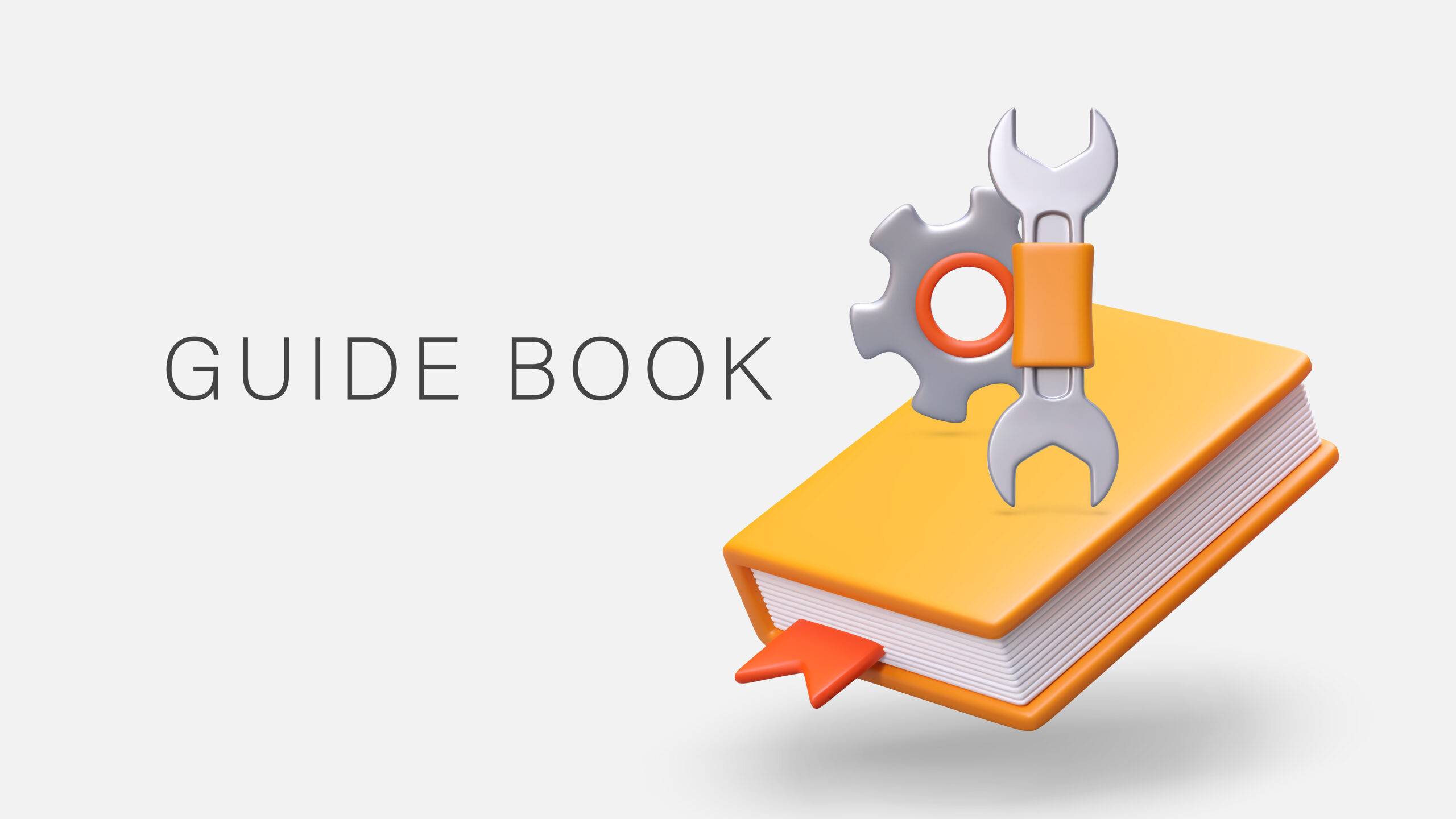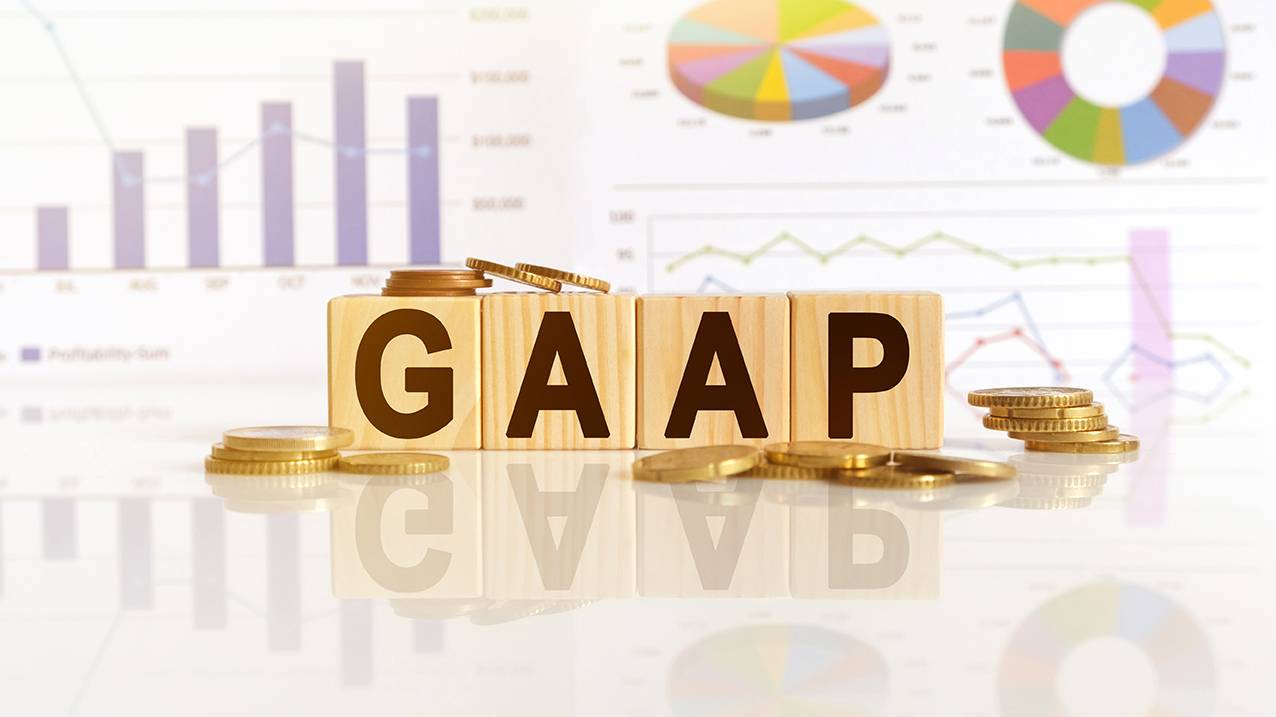

$336.00 – $376.00
Webcasts are available for viewing Monday – Saturday, 8am – 8pm ET.
Without FlexCast, you must start with enough time to finish. (1 Hr/Credit)
Fixed Asset Accounting
Format
Self-Study
Course Level
Overview
CPE Credits
12 Credits: Accounting
Course Description
Steven Bragg’s self study CPE course on fixed asset accounting is an invaluable resource for accounting and finance professionals seeking to enhance their expertise in this critical area. The CPE course thoroughly covers the GAAP and IFRS accounting standards for all aspects of fixed assets, including their purchase, impairment, revaluation, and disposal. Participants will gain insights into key topics such as capital budgeting, asset recognition, and interest capitalization. The online self study CPE course also delves into specialized areas like asset retirement obligations and the intricacies of financial statement disclosures related to fixed assets. By offering practical advice on creating robust control systems and maintaining accurate fixed asset records, this course empowers professionals with the skills and knowledge necessary to ensure precise and effective fixed asset management in their organizations.
Learning Objectives
Upon successful completion of this course, participants will be able to:
Chapter 1
- State why construction in progress is a temporary account
- Identify an advantage of having many fixed asset classifications
- Define depreciation
Chapter 2
- Specify where constraint analysis is used
- Define throughput
- List a way the payback method works well in analyzing a budget
Chapter 3
- Identify fixed asset costs to be capitalized and how to value fixed assets acquired in a business combination
- Cite when to capitalize a lease
- State how to account for a major inspection under IFRS
Chapter 4
- Specify when to capitalize interest and which projects to capitalize interest on
- Cite when to terminate interest capitalization in a dependent completion project
- Define interest capitalization rate
Chapter 5
- Identify when to defer an asset retirement obligation and what to do with a retirement obligation when there is no probability distribution
- Define accretion expense
Chapter 6
- Define depletion
- Identify when an assumption is made using the mid-month convention
- Calculate first-year depreciation using the double declining balance method
- Specify when depreciating land is acceptable
Chapter 7
- Cite possible choices and best practices for situations under the IFRS revaluation model
- Identify when you are permitted to revalue fixed assets on a rolling basis
Chapter 8
- Identify what to do if an asset group is impaired
- Cite when it is permissible to reverse an impairment loss under GAAP
- Specify how to tell that a prior impairment loss has been reduced under IFRS
Chapter 9
- Cite how to measure fixed assets that are being moved out of held for sale status
- Identify proper accounting for abandoned, temporarily idle, or disposed of assets
Chapter 10
- Identify what should be disclosed under GAAP for capitalized interest or an impairment loss on an intangible asset
- Identify items not disclosed under IFRS concerning change of estimate information or optional fixed asset disclosure
Chapter 11
- Cite when to record a contributed asset as a gain and what may be recorded from contributions of art
- Cite proper recognition of conditional promises to give
Chapter 12
- Cite why a single accumulated depreciation account is advantageous
- Define chart of accounts
- Identify the purpose of the responsibility report and project cost sheet
Chapter 13
- Define a fixed asset acquisition control
- Identify what areas specific actions are designed to be controls for
- Cite what is included in a good corporate capitalization limit
Chapter 14
- Specify when an interest capitalization procedure is unnecessary
- Identify when fixed asset transfer policies are not being utilized best
Chapter 15
- Identify potential uses of a paper identification tag and an alternative to a metal tag
- List two benefits of bar code tags in asset tracking
- Identify what wireless monitors can and cannot track
Chapter 16
- Identify the effect of an increasing ratio of repairs and maintenance to fixed assets
- Identify a situation that are not best for using the fixed asset requirements ratio
- Specify the purpose of return on operating assets
- List effects of unscheduled machine downtime
Chapter 17
- Identify why auditors may perform actions like comparing the capital budget to actual purchases or match assets to a fixed asset register during a physical count
- Identify an audit activity related to fixed asset disposals
- Cite the purpose of the purchases detail binder
Course Specifics
1143213
October 16, 2023
There are no prerequisites.
None
270
Compliance Information
CMA Notice: Western CPE makes every attempt to maintain our CMA CPE library, to ensure a course meets your continuing education requirements please visit Insitute of Management Accountants (IMA)
CFP Notice: Not all courses that qualify for CFP® credit are registered by Western CPE. If a course does not have a CFP registration number in the compliance section, the continuing education will need to be individually reported with the CFP Board. For more information on the reporting process, required documentation, processing fee, etc., contact the CFP Board. CFP Professionals must take each course in it’s entirety, the CFP Board DOES NOT accept partial credits for courses.
Meet The Experts

Steven M. Bragg, CPA, is a full-time book and course author who has written more than 300 business books and courses. He provides Western CPE with self-study courses in the areas of accounting and finance, with an emphasis on the practical application of accounting standards and management techniques. A sampling of his courses include the The New Controller Guidebook, The GAAP Guidebook, Accountants’ Guidebook, and Closing the Books: An Accountant’s Guide. He also manages the Accounting Best Practices podcast. Steven has been the CFO or controller of both public and private companies and has been a consulting manager with Ernst & Young and …
Related Courses
-
 Accounting
Accounting
Accountants’ Guidebook
Steven M. Bragg, CPA QAS Self-Study
Credits: 30 $600.00
QAS Self-Study
Credits: 30 $600.00$600.00 – $640.00
-
 Accounting
Accounting
GAAP Guidebook
Steven M. Bragg, CPA QAS Self-Study
Credits: 29 $580.00
QAS Self-Study
Credits: 29 $580.00$580.00 – $620.00
-
 Accounting
Accounting
Accounting Fraud: Recent Cases
Joseph Helstrom, CPA QAS Self-Study
Credits: 1 $29.00
QAS Self-Study
Credits: 1 $29.00$29.00 – $49.00
